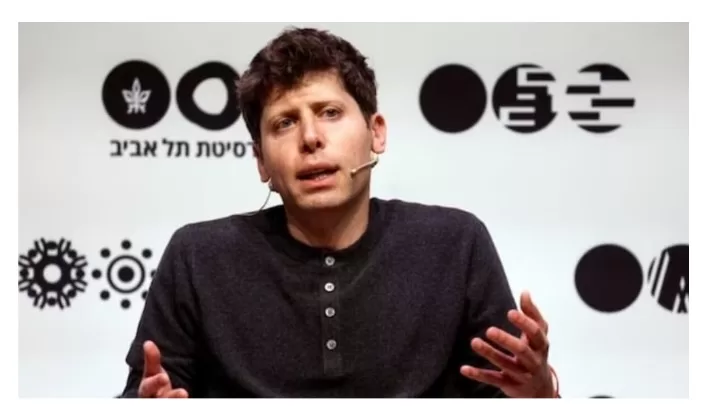Startup moguls are often revered for their unrelenting work ethic, but the toll it can take on one’s health came into sharp focus when Sam Altman, the visionary behind the creation of ChatGPT, shared his journey to recuperation.
Sam Altman, presently at the helm of OpenAI, an organization on the forefront of artificial intelligence, recently disclosed that he grappled with a significant health issue during the formative years of his tech career. Altman, who is no stranger to the tech industry’s demanding lifestyle, endured a bout of Vitamin C deficiency due to his relentless dedication to his debut startup.
Altman’s maiden entrepreneurial endeavor, Loopt, sought to revolutionize social connections by allowing individuals to pinpoint the locations of their acquaintances through geo-tracking. While it achieved a measure of success, it ultimately fell short of Altman’s lofty aspirations, leading to its acquisition by Green Dot for a substantial sum of USD 43.4 million.
Following the sale of Loopt, Altman found himself in a state of discontent and decided to embark on a year-long sabbatical dedicated to restoring his well-being. During this hiatus, Altman delved into literature, indulged in video games, explored various destinations, and even sought solace in an ashram.
The sojourn to the ashram, in particular, had a profound impact on Altman’s perspective. He attests to ongoing bouts of anxiety and stress but acknowledges a newfound sense of tranquility and contentment in the face of these challenges.
In the wake of the Loopt venture, Sam Altman continued his entrepreneurial journey by establishing Hydrazine Capital and later assumed the role of President at Y Combinator in 2014, succeeding the renowned Paul Graham. Y Combinator has served as the launchpad for groundbreaking enterprises such as Airbnb, Reddit, Quora, and Twitch. In 2014, Altman also delivered a lecture at the esteemed Stanford University.
Altman’s affinity for technology dates back to his early years, commencing programming endeavors at the tender age of eight. His insights into the rapid pace of AI development compared to human infancy offer a unique perspective. He remarked, “The thing people forget about human babies is that they take years to learn anything interesting,” and quipped, “If AI researchers were developing an algorithm and stumbled across the one for a human baby, they’d get bored watching it, decide it wasn’t working, and shut it down.”
In 2015, Sam Altman played a pivotal role in the founding of OpenAI, alongside luminaries like Elon Musk. OpenAI’s mission centered on safeguarding humanity from the potential perils of advanced AI technology. Initially conceived as a non-profit research entity, Musk’s departure from the organization in 2018 marked a pivotal moment in its evolution, attributed to differences in vision and control.
Sam Altman’s narrative underscores the arduous journey of tech pioneers and serves as a testament to the importance of maintaining physical and mental well-being amidst the relentless pursuit of innovation.







